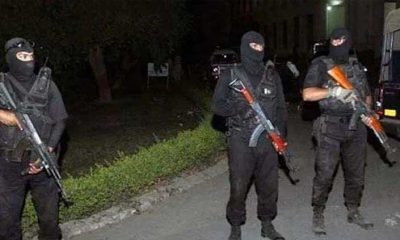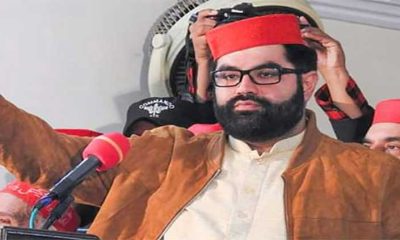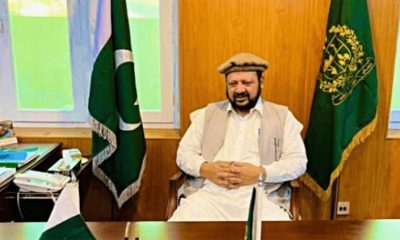The discussion on expanding BRICS, the grouping of Brazil, Russia, India, China and South Africa, is expected to be high on the agenda of an upcoming meeting of senior officials to prepare for the BRICS Summit in August, observers said.
They also said that since its inception in 2006 as BRIC (South Africa was added in 2010), the group of emerging economies have upheld the spirit of openness, inclusiveness and win-win cooperation, practised true multilateralism and achieved solid results in pragmatic cooperation, thus becoming increasingly attractive to other countries.
China has sent Wang Yi, Director of the Office of the Foreign Affairs Commission of the Communist Party of China Central Committee, to attend the 13th Meeting of BRICS National Security Advisers and High Representatives on National Security in Johannesburg, South Africa, on Monday and Tuesday, China Daily reported.
South Africa is this year’s BRICS chair. According to Anil Sooklal, the country’s ambassador to the group, more than 40 countries, including all the major developing Global South countries, have expressed interest in becoming BRICS members, and 22 countries have formally asked to join.
South African President Cyril Ramaphosa has also invited the heads of all African countries to the upcoming BRICS Summit in Johannesburg to engage in dialogue with BRICS leaders.
“With the joining of more developing countries, BRICS is expected to better represent the Global South with a louder voice on the world stage,” said Yao Jinxiang, an assistant researcher at the China Institute of International Studies’ Institute of Developing Countries.
While BRICS members account for 42 percent of the world’s population, they have less than 15 percent of voting rights in the World Bank and the International Monetary Fund.
“African countries and BRICS nations share similar views and interests in improving and reforming the current international order and global governance system. Africa as a whole can make a joint call with BRICS for accelerating reforms in financial, monetary and other sectors,” Yao said.
He Wenping, a senior researcher at the Chinese Academy of Social Sciences’ Institute of West-Asian and African Studies, said that joining or cooperating with BRICS will help Africa expand cooperation with more emerging economies and developing countries.
“For example, the BRICS New Development Bank can provide Africa with more opportunities in trade and economy, investment and financial assistance, among other things,” she said.
She said China and Africa also expected Wang’s visit to find common ground on how to resolve the Ukraine crisis.
According to the researcher, as the crisis continues, inflation as well as energy and food crises triggered by Western sanctions have had a negative impact on African countries.
“Africa and China have highly consistent positions regarding the crisis, and the two sides can play a joint role in promoting peace talks,” she added.
Besides the two-day BRICS meeting in Johannesburg, China-Africa cooperation is also on the agenda of Wang’s trip, which has taken him to Ethiopia and Kenya.
Wang reiterated China’s commitment to cooperation with Africa under the frameworks of the Belt and Road Initiative and the Forum on China-Africa Cooperation in meetings with Ethiopian Prime Minister Abiy Ahmed and Kenyan President William Ruto.
They spoke highly of the mutual respect that China has shown in its cooperation with African countries and hailed China as an example for developing countries.
The visits to Africa by high-ranking Chinese officials highlighted the great importance that China places on its relationship with Africa as well as its efforts to promote African integration, said He, the senior researcher at the CASS.
According to Yao, from the China Institute of International Studies, “While some officials from the United States and other Western countries only make groundless criticism of China during their visits to Africa, we can tell from Wang’s trip that China is more focused on pragmatic cooperation with Africa based on mutual benefits.”
“China-Africa cooperation does not target a third party nor engage in so-called ‘geopolitical confrontation’,” Yao said.
Yao noted that countries on Wang’s itinerary are all important countries in Africa, but are currently facing challenges such as power shortages, public health crises, the rise of terrorism and internal military turmoil.
The visit is also aimed at helping these countries cope with such crises, as China fulfills its duties as a responsible major country, Yao said.
Post Views: 130


 Sports3 months ago
Sports3 months ago
 Fashion2 months ago
Fashion2 months ago
 Sports3 months ago
Sports3 months ago
 pakistan3 months ago
pakistan3 months ago
 pakistan3 months ago
pakistan3 months ago
 World2 months ago
World2 months ago
 World2 months ago
World2 months ago
 Sports2 months ago
Sports2 months ago



















